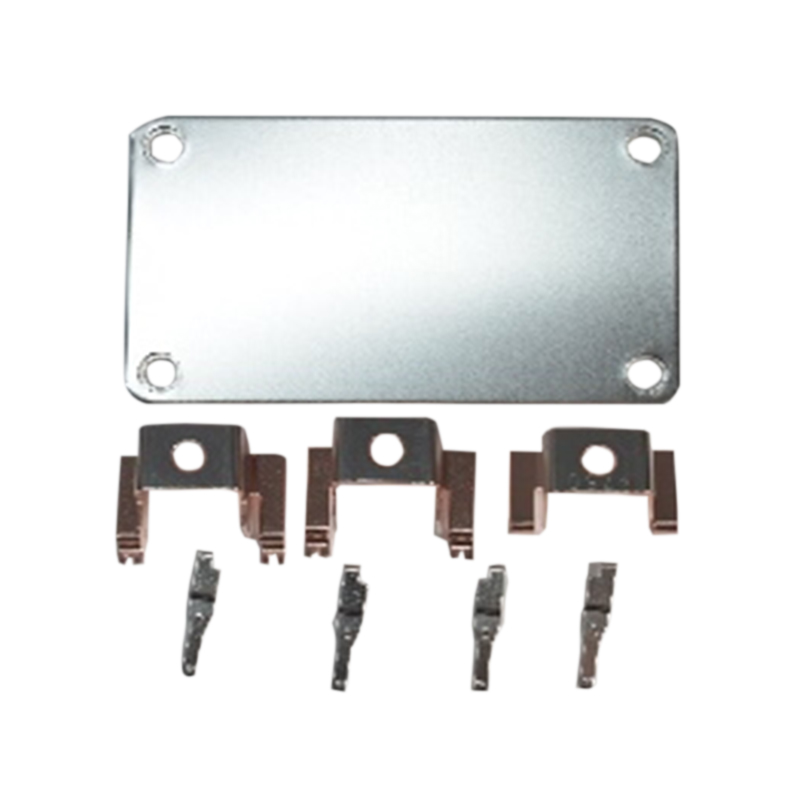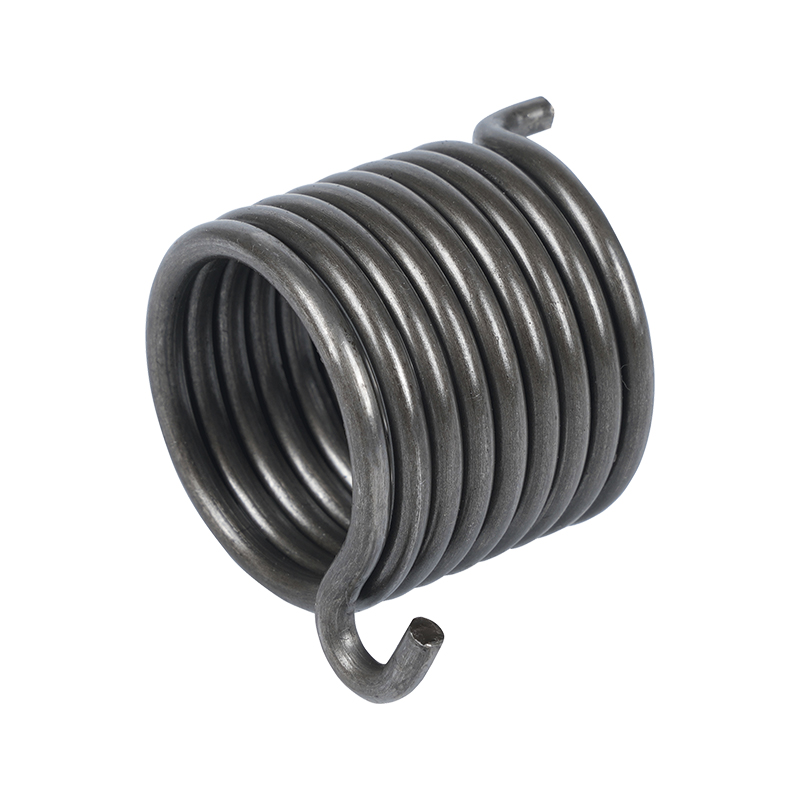Why Custom Cast Aluminum Stands Out in a Competitive Manufacturing Landscape?
As industries push for lighter, more durable, and precisely engineered components, the choice of materials has become as strategic as the designs themselves. In sectors ranging from automotive and aerospace to consumer electronics and industrial machinery, manufacturers are evaluating not just what they produce, but what they produce it with. Among the growing list of options, custom cast aluminum has emerged as a preferred choice for applications where performance, weight, and design flexibility intersect.
Unlike off-the-shelf aluminum products, custom cast aluminum offers tailored mechanical and thermal properties through a controlled casting process. It strikes a balance between strength, machinability, and cost efficiency. But how does it actually compare to alternatives like die-cast zinc, injection-molded plastic, or machined steel? The differences are more than technical—they’re foundational to modern design thinking.
Custom Cast Aluminum vs. Die-Cast Zinc: A Weight-to-Performance Analysis
Both custom cast aluminum and die-cast zinc are used in structural and decorative applications, yet they serve different engineering goals. Zinc offers surface finish and fine detail, making it attractive for cosmetic components. However, when weight becomes a concern, custom cast aluminum takes the lead.
Aluminum’s lower density provides a key advantage for manufacturers designing lightweight assemblies, especially in the automotive and aerospace sectors. A switch to custom cast aluminum can reduce the mass of a component without compromising its mechanical strength. Zinc, while tougher under compression, carries additional weight that may not be justifiable in systems optimized for efficiency and fuel economy.
Moreover, custom cast aluminum offers better corrosion resistance in outdoor and high-moisture environments without requiring extensive post-treatment. This makes it ideal for housings, brackets, and enclosures exposed to the elements.
Custom Cast Aluminum vs. Injection-Molded Plastic: Function Meets Reliability
Plastic is often chosen for its low cost and ease of molding. Yet, for parts requiring higher structural integrity and thermal performance, custom cast aluminum provides a more reliable solution. Injection-molded plastic parts may warp, degrade under heat, or crack under mechanical stress, especially in high-load or high-temperature conditions.

In contrast, custom cast aluminum maintains dimensional stability, supports threading and load-bearing features, and can be post-machined for precision. Electronics manufacturers often select custom cast aluminum for enclosures and heat sinks, leveraging its natural thermal conductivity and rigidity.
Plastic excels in some applications, particularly for non-load-bearing interior components. But where function and durability matter more than upfront tooling costs, custom cast aluminum consistently outperforms.
Custom Cast Aluminum vs. Machined Steel: Efficiency and Complexity
Steel offers strength, toughness, and durability—but those benefits come at the expense of weight, cost, and machining time. In many cases, custom cast aluminum achieves 70% of the strength of steel at a fraction of the weight. This opens possibilities for designs that require both robustness and efficiency.
Machining steel is resource-intensive and suited to low-complexity geometries. On the other hand, custom cast aluminum allows for intricate shapes and features that would be costly or impractical to mill from solid steel. It’s especially useful for parts with integrated ribs, pockets, or channels that would otherwise require multiple operations.
Designers are also turning to custom cast aluminum for its balance of strength and corrosion resistance—two factors that often require additional coatings or treatments when working with steel.
The Strategic Case for Custom Cast Aluminum
What sets custom cast aluminum apart is not just its physical properties, but its versatility in responding to modern design challenges. It offers lightweight performance without sacrificing structural integrity. It supports high complexity at a manageable cost. It resists environmental wear with minimal maintenance. And it bridges the gap between prototype agility and production scalability.
Manufacturers are increasingly specifying custom cast aluminum not as a compromise, but as a deliberate engineering decision. With the right foundry partners, teams can achieve faster design-to-production cycles, reduce excess material use, and meet increasingly diverse functional requirements.
In today’s competitive market, material selection is as much about adaptability as it is about performance. Custom cast aluminum provides a clear path for engineers and designers seeking a middle ground between legacy metals and newer synthetics. It continues to redefine what’s possible in component design—one part at a time.
As the demands of modern manufacturing evolve, custom cast aluminum remains a strong contender, offering strength, form, and function in one precisely engineered solution.


 English
English русский
русский Español
Español











